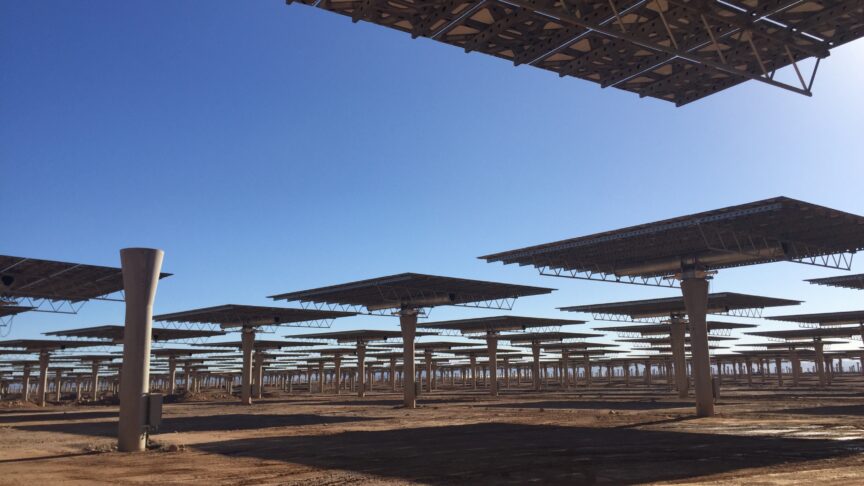
Sunny side up: Maximising the European Green Deal’s potential for North Africa and Europe
North African states hold great potential to partner in Europe’s longer-term energy transition – if the EU takes the right steps in the coming years

North African states hold great potential to partner in Europe’s longer-term energy transition – if the EU takes the right steps in the coming years
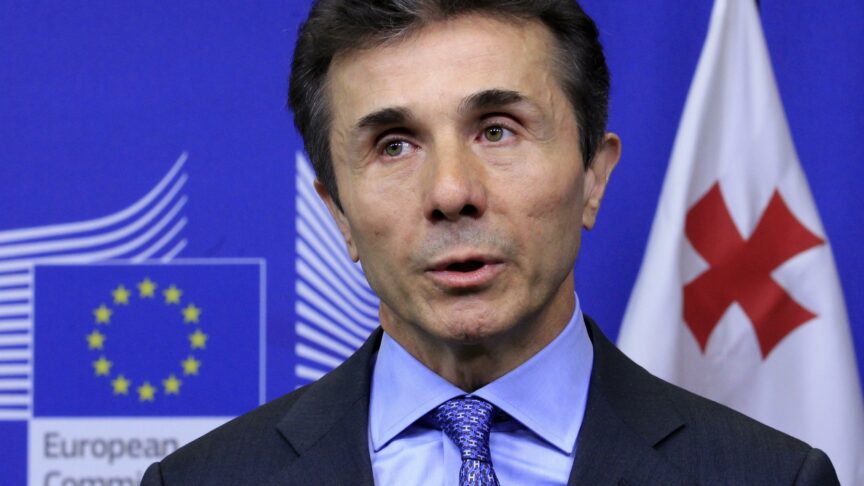
Georgian government actions are hindering the country’s journey to the EU, yet the Georgian people are strongly pro-European. The EU should more tightly condition the support it provides
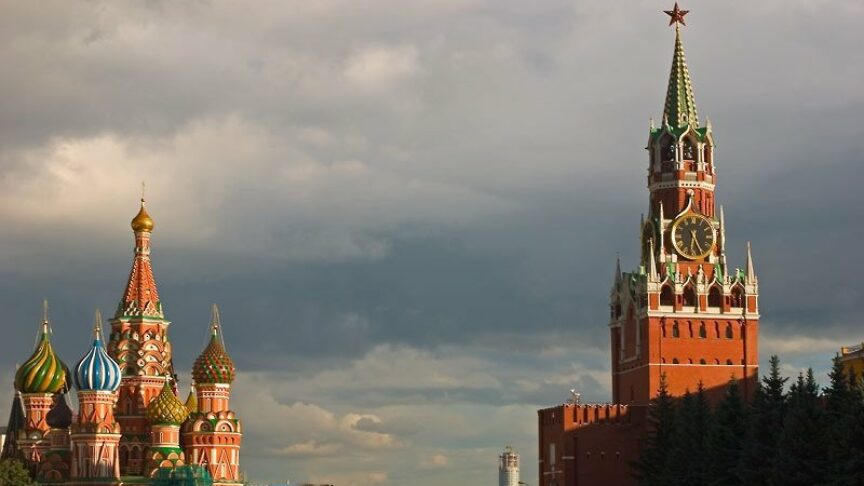
ECFR’s new EU-Russia power audit reveals a picture of success in decoupling from Moscow – and suggests the bloc could emerge stronger from the crisis

Europeans should resist the temptation of short-term fixes and adopt a longer-term approach to supporting Yemen
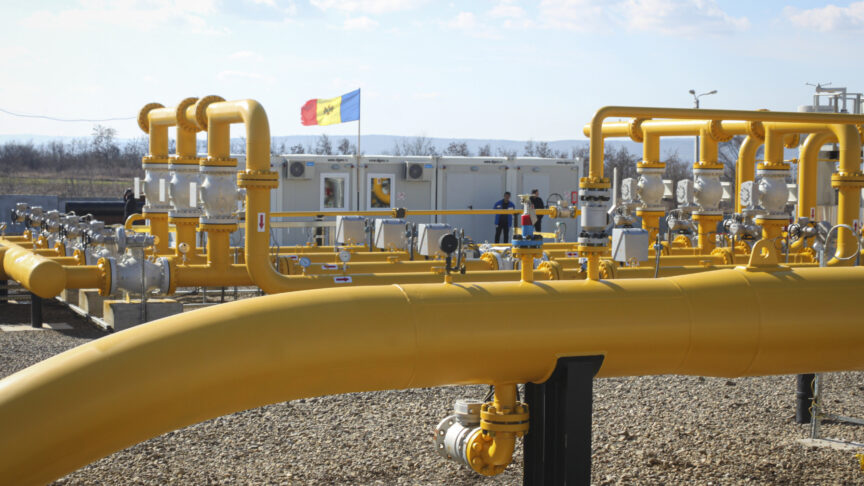
If Moldova can resist Russia’s weaponisation of gas and get through this winter, it should be able to make strong progress on its programme of reforms

Ukraine has mounted an innovative response to Russian aggression in 2022. The rest of Europe can learn from this – but should continue to provide weapons and training in return

Sudan needs a viable political pathway to end the military coup of 2021. European states should support pro-democracy actors while encouraging a comprehensive peace process
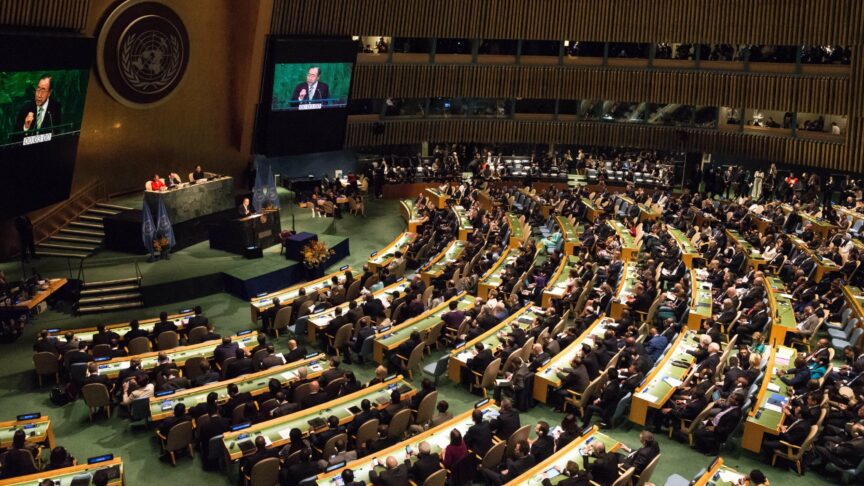
Geopolitical tensions are hindering progress in multilateral climate cooperation. The EU should continue to supplement negotiations under the UN climate convention with smaller initiatives that bring together like-minded, ambitious partners

The EU can counter Chinese and Russian influence through a digital alliance with countries in Latin America and the Caribbean

European policymakers should back climate diplomacy to help improve relations between Iran and Gulf monarchies